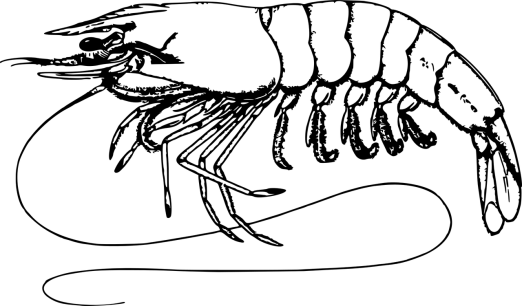
A cool breeze came through the reservoir. I was slowly walking towards the fishing couple sitting in front of their little hut, mending a net. It was a small fishing community adjacent to the banks of “Rajangana” reservoir- a beautiful man-made reservoir- in north central Sri Lanka. A wooden fishing boat swayed near the water’s edge. I was out for an article about the inland fisheries.
The fisherman and his wife became bit startled to see me suddenly appearing with a notebook and a camera. “ I am from a newspaper, doing an article,” I said to them. Smiles appeared on their weathered faces and in no time we were friends. From my many encounters with rural fishermen, I can assure that they are not shy to speak their mind. Soon came a glass of hot herbal tea and we began chatting.
“Ariyadasa” the fisherman ( I still remember his name), lay the nets at night and again go to the waters to get them back during the morning. The handful of fish get caught on his net, he sells to the middlemen and comes home with the nets. Now he and his wife slowly mend the fishing nets- their most important tool of the trade.
“ Theppilli” the native word for fish “Tilapia mossambica” is the lifeblood of this fishing family. Thousands of fishermen in rural Sri Lanka make their living because of this fishery surrounding the inland reservoirs of Sri Lanka. So the story of the lives of this fishermen is the tale of Tilapia. It can not be separated. Man and the natural resource.. This is the ultimate combination throughout the human history.
Now the Science of Tilapia mossambica… This fish is a favorite culture fish in the third world. The fish is a fast breeder and easy to culture in waterbodies. Ancient kings in Sri Lanka had made those reservoirs to facilitate the agriculture. It was to these reservoirs scientist have introduced this fish species to boost fish production. Ariyadasa, our poor fisherman, who everyday struggled for mare survival told me his story that day.. End of his story I questioned both science and politics…
Sri Lanka is a resource-rich tropical island blessed with abundant waterways. Thousands of years, in mighty kings’ era, this had been a country of a strong subsistence economy depended on agriculture. There was no western science during those days. Traditional technologies used, which went very well with the life and nature. The struggle of science and politics, unfortunately, couldn’t get rid of poverty of this beautiful country in this space age!
Though science introduced Tilapia to this reservoir (which is not a native fish) to boost fish production, no strong policies were there to sustain the industry and elevate poverty of these fishermen! Measuring from head to tail of Tilapia and analyzing gut contents science can come to conclusions. A politician can release the fingerlings(small fish) of Tilapia to a reservoir, during an election campaign. In countries like Sri Lanka, policies and government backing changes with changing governments. So the “Tale of Tilapia” became a fairy tale!
Science is not a magic bullet. It needs good handling… A good political backing.. Honest administration.. (Uncorrupted governments.. etc) ..Generations of scientist tried to introduce the technology to third world developing nations. When can science ease the poverty of the people like traditional fishermen on a small island in the Indian ocean? Are we practicing the right science or we are after an illusion? Do we know enough about head or tail of Tilapia mossambica! This was the tale of Tilapia, which I wrote to a science magazine back then.
I regard myself as an Accidental Journalist. Never did it as a profession but continued it for pure passion… even though some people paid me for my hobby! These are the memoirs and some writing tips, I wanted to share with you, which I gathered from my journalistic journey in my “ on and off” career as a science and environment journalist.

